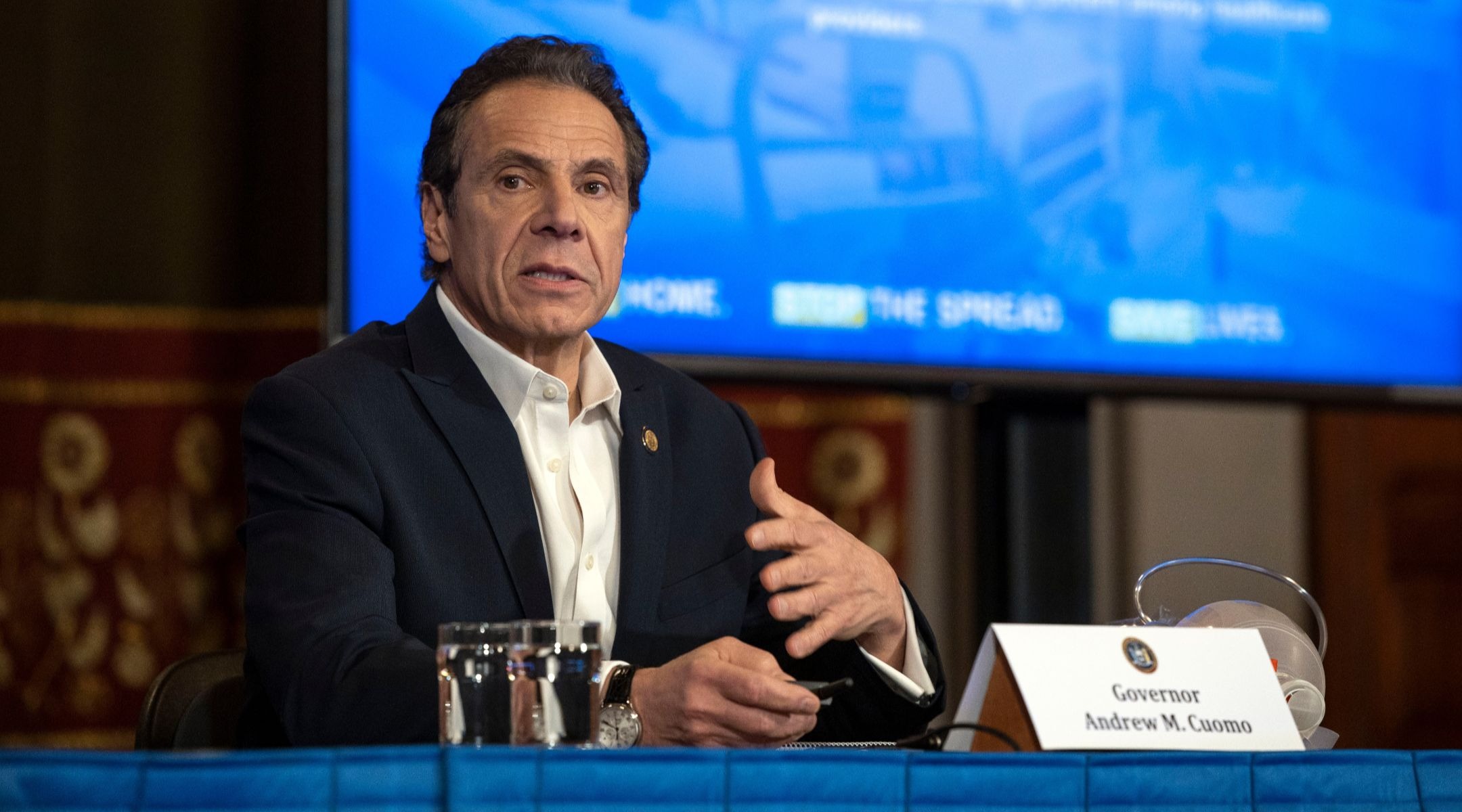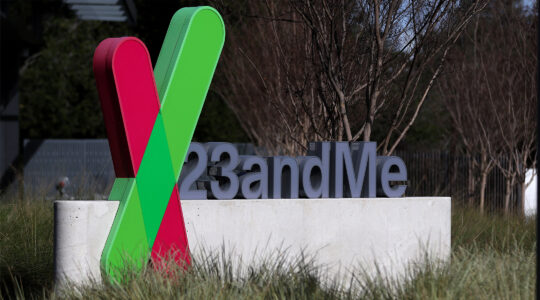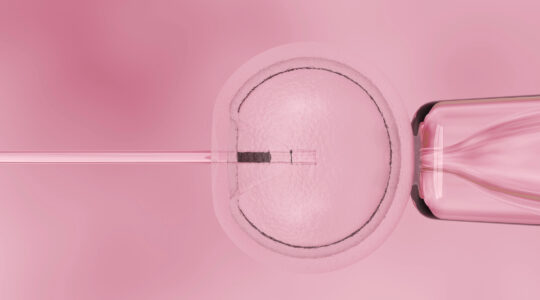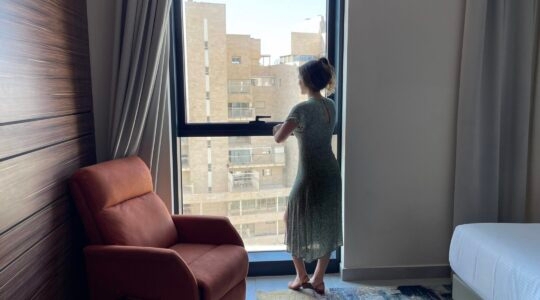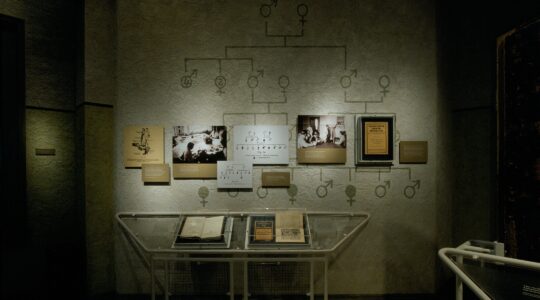(JTA) — Parts of Brooklyn that had high COVID test positivity rates in early October, including some with large Orthodox Jewish communities, will face fewer restrictions after seeing the rates fall.
The neighborhoods labeled “red zones” last month have been reduced to “orange,” the middle level for restrictions. One of the neighborhoods is Midwood, which has a sizable Orthodox population.
“Brooklyn has made great progress and we reduced the red zone by 50% last week based on the progress,” New York Gov. Andrew Cuomo announced at a news conference Monday.
While the orange designation will allow some nonessential businesses to reopen, schools remain closed. Religious services are restricted to 33% capacity, up from 25%, with a maximum attendance of 25 people, and mass gatherings can have 10 people at most. High-risk nonessential businesses like gyms and salons remain closed.
Restrictions on the Brooklyn neighborhoods were a source of tension last month as local Orthodox Jews protested the new rules, which kept public and private schools as well as nonessential businesses closed. The easing of the limits comes as cases continue to rise across New York City and state. Mayor Bill de Blasio said Monday morning that the city recorded 779 new daily cases and Cuomo announced a statewide COVID test positivity rate of 2.8%.
If the seven-day average positivity rate in New York City goes above 3%, the city’s public schools will automatically close. The seven-day rolling average rate hit 2.21% on Monday.
Last week, all restrictions were removed from Far Rockaway, a neighborhood in the borough of Queens with a large Orthodox Jewish community, after the positivity rate there remained in the 1-2% range. The Brooklyn neighborhood of Borough Park was taken out of the red zone last week.
JTA has documented Jewish history in real-time for over a century. Keep our journalism strong by joining us in supporting independent, award-winning reporting.
